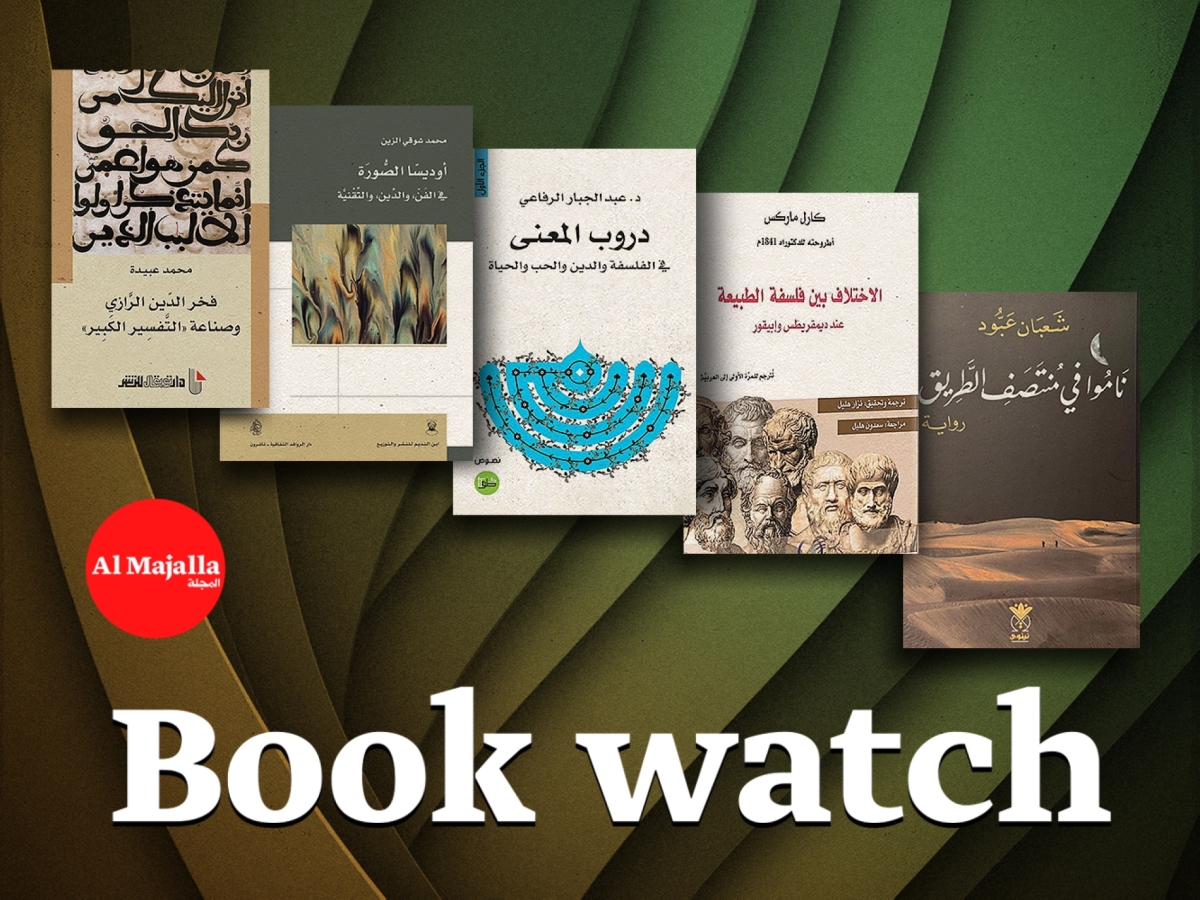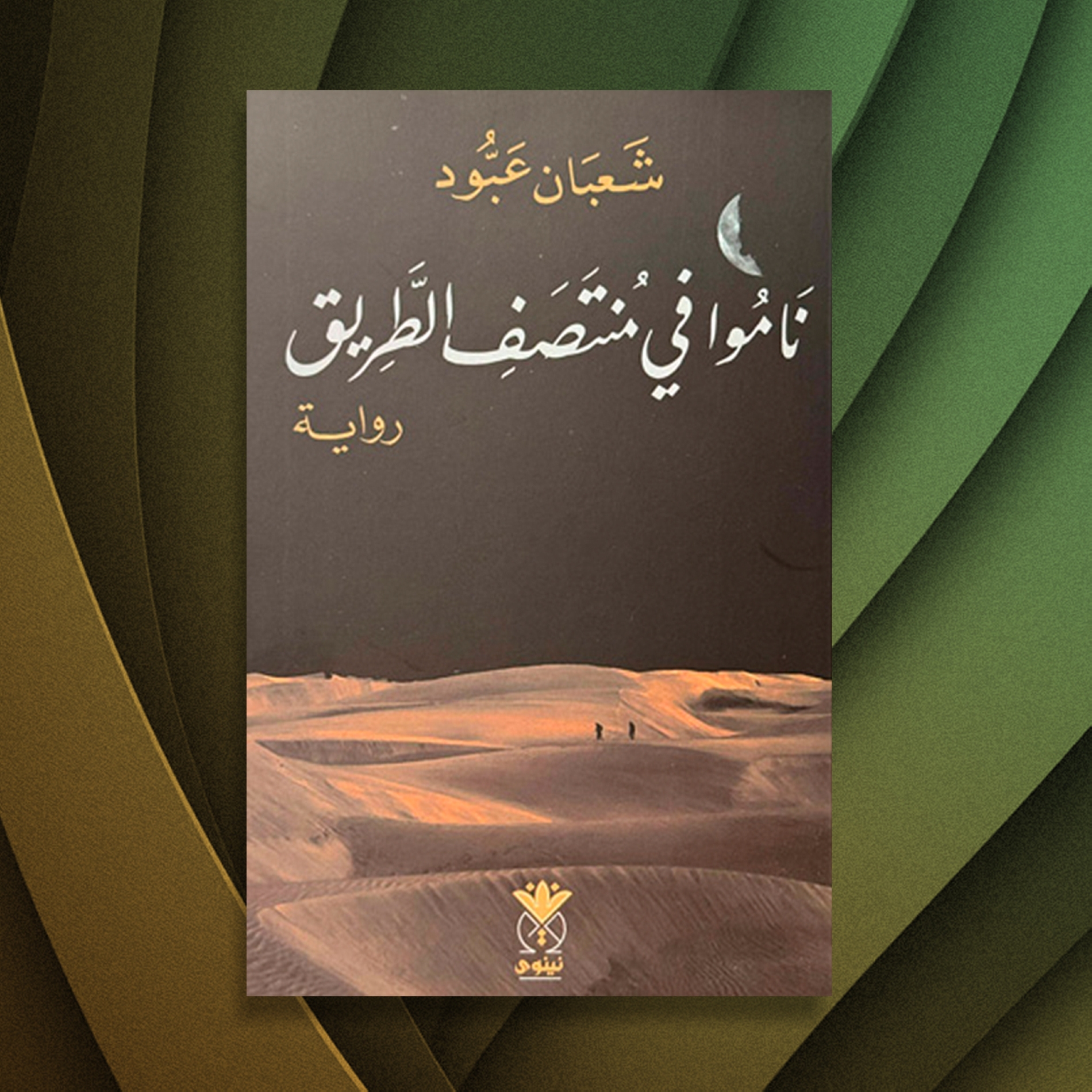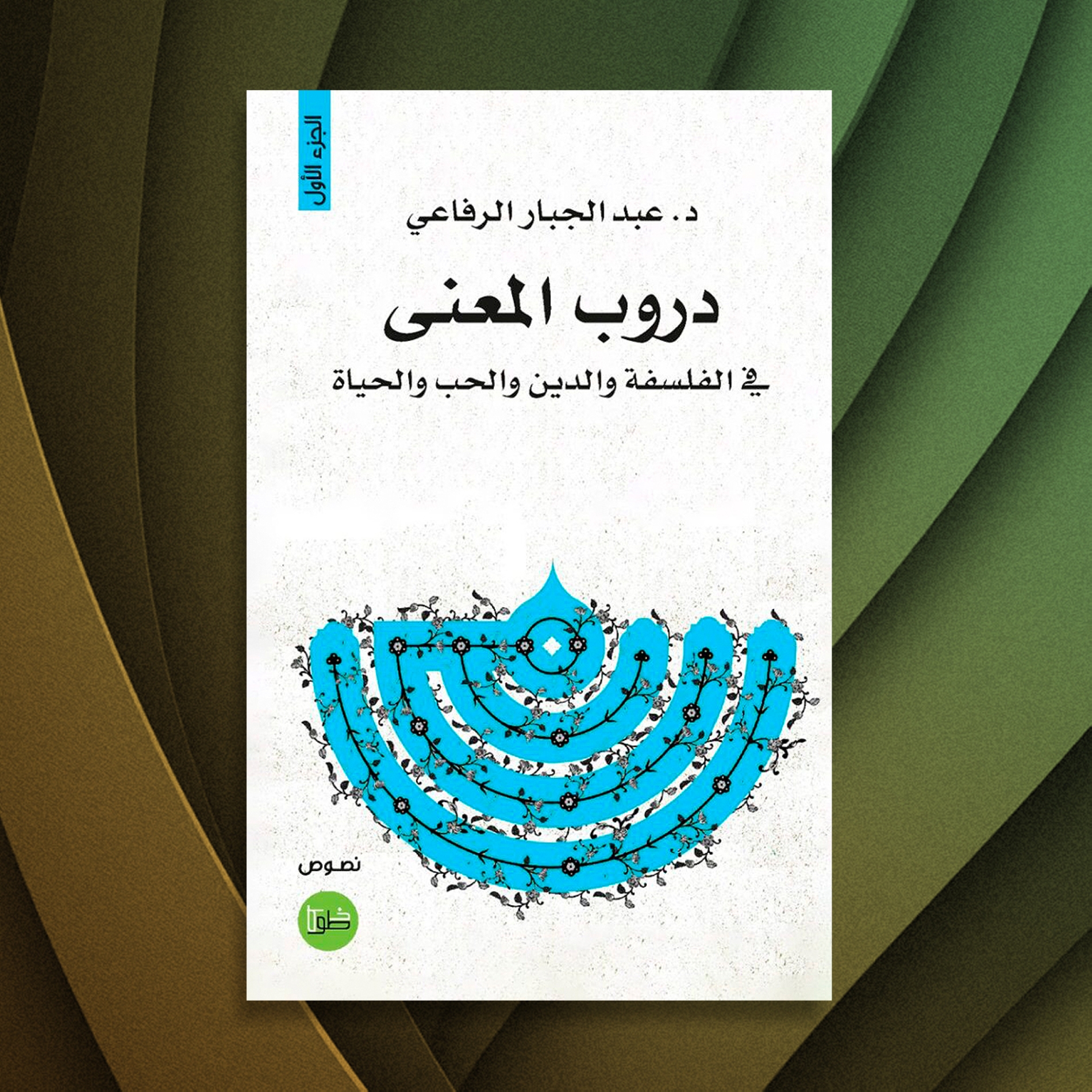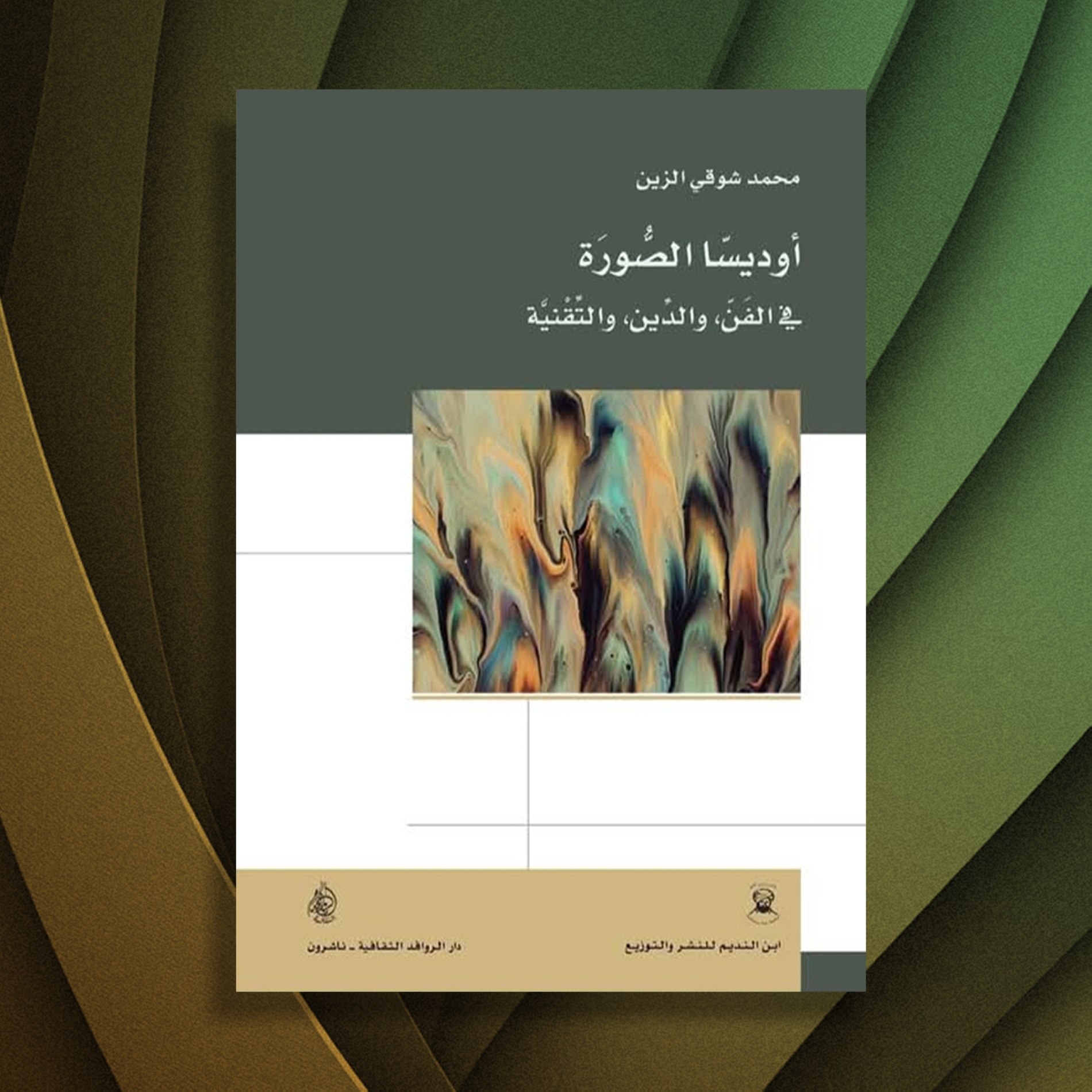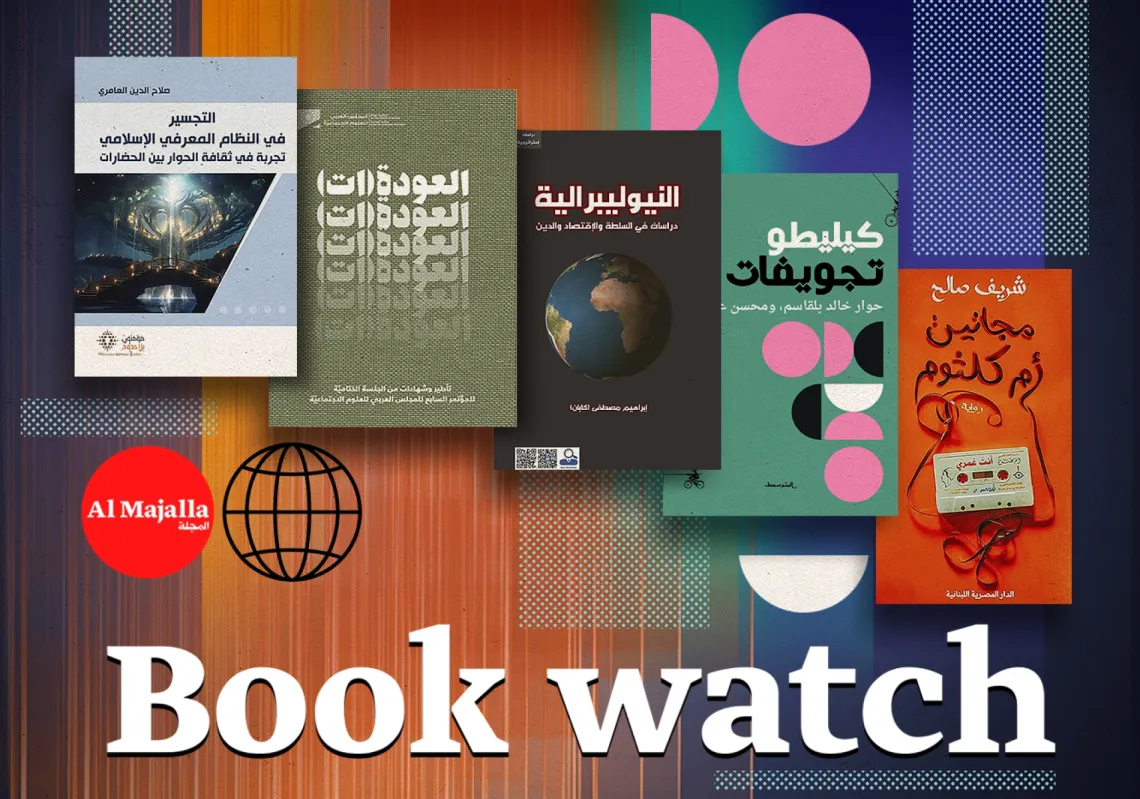The Arab world has a vibrant and rich literary scene. Al Majalla picks out some choice titles in our fortnightly round-up of the latest Arabic books, which aims to highlight some trends and thinking in the Arab world.
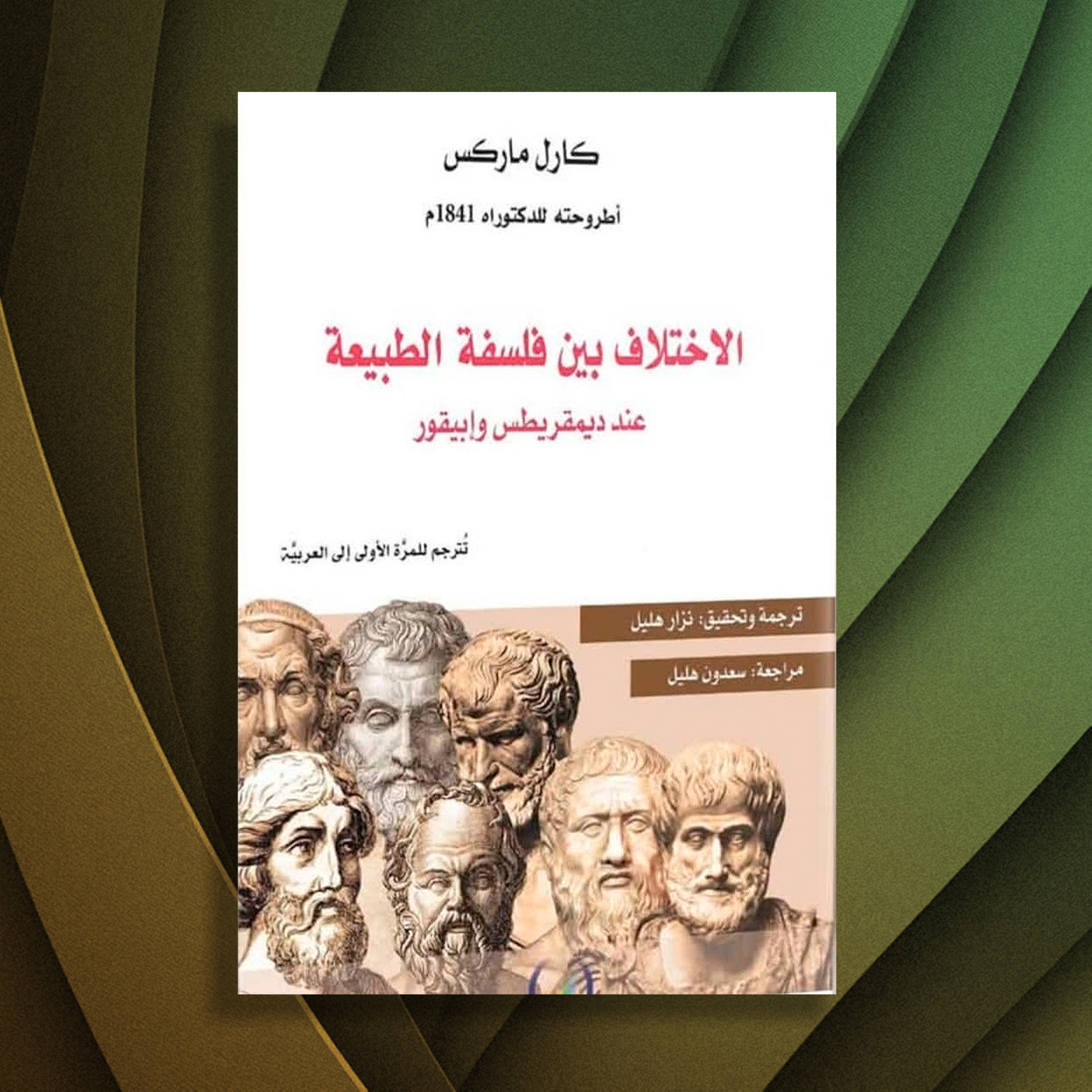
The Difference Between the Philosophy of Nature in Democritus and Epicurus
By: Karl Marx
Translation and Critical Edition: Nizar Halil
Reviewed by: Saadoun Halil
Publisher: The Academic Research Centre, Iraq
This is the first Arabic translation of the doctoral thesis of German philosopher and political theorist Karl Marx (1818–1883). Originally published in 1841, it is a historical document of considerable importance.
Marx went on to have a towering influence on global intellectual and philosophical thought, publishing his Communist Manifesto seven years later, in 1848. Co-written with Friedrich Engels, a fellow revolutionary socialist, it marked the birth of Marxism, a movement whose ideas and impact have been likened to those of major religions.
Marx completed this thesis aged 23. In it, he examines two key figures in ancient philosophical thought: Epicurus and Democritus, giving an early insight into his evolving worldview through his engagement with the concepts of nature, freedom, and the law, which would later underpin his philosophy on materialism.
For the young Marx, Democritus saw the world as governed by a strict determinism, whereas Epicurus introduced the notion of the atom’s “swerve”. This holds that atoms may deviate from their expected course, allowing for free will in an otherwise deterministic universe. The idea would later inform Marx’s critique of capitalism and his theory of class struggle, which helped define much of the 20th century.
The book’s introduction explains how Marx managed to articulate a new form of materialism, one that moved beyond mechanical rigidity to embrace dynamism and creativity as fundamental aspects of material existence. These concepts would ultimately shape his analysis of capitalist systems and social conflict.
The translation of this foundational text marks a long-overdue effort to make a seminal work accessible to an Arabic audience that should have been done decades ago. This is a genuine intellectual journey into the philosophical roots of one of modern history’s most influential thinkers.
At a time when the world is confronted by new existential questions, Marx’s early vision of a dynamic and creative nature provides valuable tools for interpreting the present. As Marx himself demonstrated, ideas do not perish with their originators. Rather, they persist, revive, and gain new life with every generation that dares to engage with them.
This edition presents a rare opportunity to understand Marx at the beginning of his intellectual journey, shedding light on how his thought evolved and how it transformed the world.
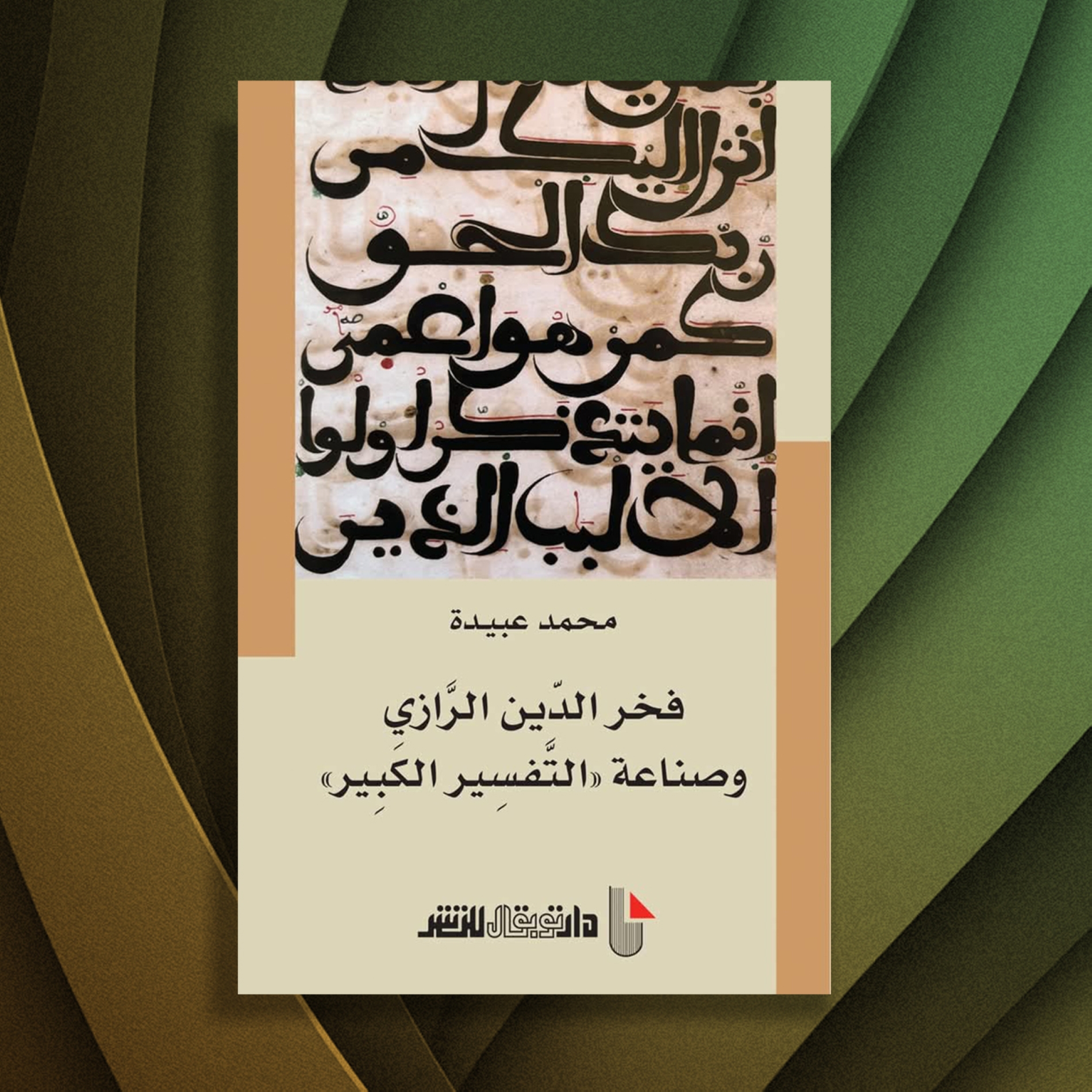
Fakhr al-Din al-Razi and the Making of the Great Commentary
Author: Mohammed Obaida
Publisher: Dar Toubkal Publishing, Morocco
Muslim theologian and polymath Fakhr al-Din al-Razi was born almost 900 years ago near Tehran, and died shortly before he turned 60. In that time, his work covered a bewildering array of topics, including—but not limited to—medicine, chemistry, physics, astronomy, philosophy, history, and the law. Today, he is perhaps best known as one of the first proponents of the idea of a multiverse, which he compared to the astronomical teachings of the Qur'an.
This book by Moroccan author Mohammed Obaida traces the foundational principles and intellectual influences that shaped al-Razi’s approach during the composition of his encyclopaedic project titled Mafatih al-Ghayb (The Keys to the Unknown), which is more commonly known as Al-Tafsir al-Kabir (The Great Commentary), a 32-volume commentary on the Qur’an. It remains one of the most significant contributions to Islamic thought.


